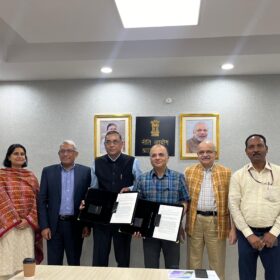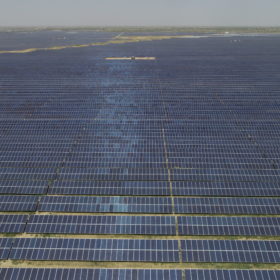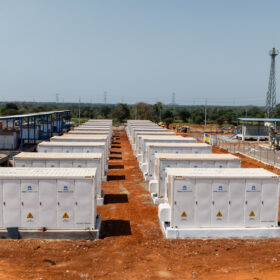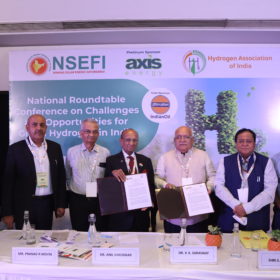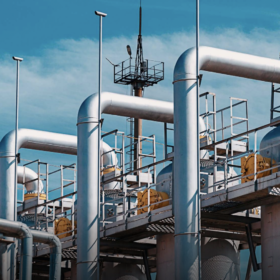Building the hydrogen economy: Overcoming infrastructure challenges
Building India’s hydrogen economy requires strategic infrastructure planning, targeted investments, and supportive policies. As industrial leaders continue demonstrating the viability of renewable energy transitions, the groundwork for hydrogen infrastructure follows naturally.
GEAPP, NITI Aayog partner to advance sustainable development
Global Energy Alliance for People and Planet (GEAPP) and NITI Aayog have partnered to support Indian states in developing comprehensive energy transition plans, focusing on sustainable policies, innovative business models, and the adoption of clean energy solutions.
Hydrogen power: Unlocking the next frontier in renewable energy
The hydrogen economy in India is expected to undergo vast development in the coming years owing to government support and industry funding.
New study provides state-wise renewables addition plan for India
A new study by government thinktank NITI Aayog provides state-wise renewable energy potential that can be harnessed by states to meet their renewable purchase obligations, RE capacity that needs to be procured by the deficit states from other RE-rich states, and storage requirement to meet the required grid balancing. The study was carried out with the support of the Central Electricity Authority and the Ministry of New and Renewable Energy.
India needs the most advanced battery storage ecosystem with over 238 GWh of capacity to support 500 GW non-fossil energy target by 2032, say experts at IESA SESI 2024
Industry experts at the 4th Edition of the International Conference on Stationary Energy Storage India (SESI) 2024 emphasised the rapid deployment of battery energy storage system (BESS) and pumped hydro in India.
Ensuring a just energy transition
The renewable energy sector must lead responsibly by addressing land use, circularity and financing.
India will have 125 GWh of lithium batteries ready for recycling by 2030
India will see a cumulative demand for around 600 GWh of lithium-ion batteries from 2021 to 2030 across all segments. The recycling volume coming from the deployment of these batteries will be 125 GWh by 2030.
NSEFI, HAI launch Green Hydrogen Consortium of Indian Industry
Through this initiative, the National Solar Energy Federation of India (NSEFI) and Hydrogen Association of India (HAI) will drive the industry response to promote indigenous manufacturing, advocate policy measures, and support pilot projects while facilitating industry-academia collaboration.
Building the green hydrogen economy in India
Experts at a recent workshop by industry body India Hydrogen Alliance (IH2A) and the government thinktank NITI Aayog proposed the formation of a public-private taskforce to develop gigawatt-scale green hydrogen hubs in India. The taskforce will have participation from global funding agencies, industry and government.
Priority-sector lending can help unlock US$5-billion EV financing market by 2025
A new report indicates that electric two-wheelers, three-wheelers, and commercial four-wheelers are early segments to prioritize under priority-sector lending.

